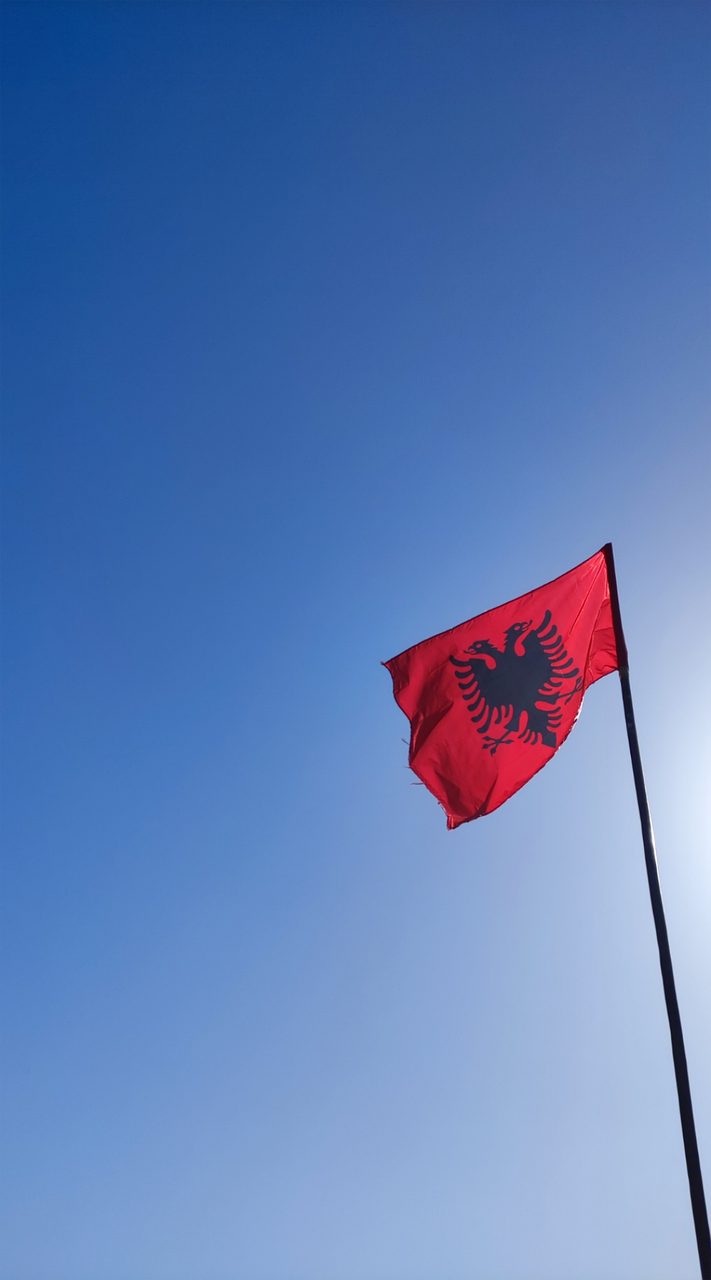Thewesternbalkans.
Election Overview
Albania will hold parliamentary elections on May 11, 2025, to elect 140 MPs. The Socialist Party (PS), led by Prime Minister Edi Rama, is currently in power after securing 74 seats in 2021. The Democratic Party (PD-AN) improved its position last election, winning 59 seats, though 9 of those belong to smaller coalition partners.
Electoral System & Recent Amendments
Albania uses regional proportional representation, with 100 seats directly elected from constituencies and 40 from party lists. Recent changes to the Electoral Code allow diaspora voting and modify candidate lists—one-third of them are now closed lists, chosen directly by party leaders. Additionally, the law mandates that one in three elected candidates from open lists must be a woman, promoting gender representation.
Democratic Party Crisis
The Democratic Party (DP) faces internal turmoil. Lulzim Basha formed a new faction, DP–Euroatlantic Democrats, after disputes over party control. He sought alliances but was rejected by Nisma Thurje. Meanwhile, Sali Berisha, under house arrest, insisted that Ilir Meta (also facing legal troubles) be included in a potential electoral coalition. This disunity weakens the DP’s ability to effectively challenge Rama’s Socialists.
Edi Rama & Socialist Party Strategy
Rama has shifted from past confrontations with EU leaders to a pro-European stance, securing strong backing from the European Commission and Italy. His “PS2030 for Albania” initiative focuses on youth engagement and EU integration. The candidate selection platform prioritizes diaspora, youth, women, and professionals. However, concerns persist about corruption, organized crime, and economic challenges.
Opposition & New Movements
Basha’s anti-corruption platform proposes asset recovery, extending anti-mafia laws, and removing parliamentary immunity. Meanwhile, Adriatik Lapaj of Lëvizja Shqipëria Bëhet criticizes both major parties for allegedly using criminal networks to maintain power and advocates for a clean, people-driven alternative.
Current Polling Trends
Socialist Party (PS): 48.7%
Democratic Party (PD-AN): 39.4%
LSI (Freedom Party): 6.8%
Social Democratic Party (PSD): 2.3%
Others: 2.8%
Commentary: Edi Rama’s Strategic Advantage
Rama has outmaneuvered his political opponents. While the Democratic Party remains divided, Rama has strengthened international ties, particularly with the EU and Italy, boosting his credibility. This transition from political infighting to diplomatic alignment grants him a new level of authority unmatched by previous Albanian leaders.
However, key challenges remain:
Corruption & Crime – Will Rama truly combat systemic corruption, or will it remain Albania’s Achilles’ heel?
Economic Issues – Can he improve living standards and reduce emigration?
With his political dominance intact, Rama appears poised for another term, but long-term success hinges on whether he can deliver real reforms or merely consolidate power.





